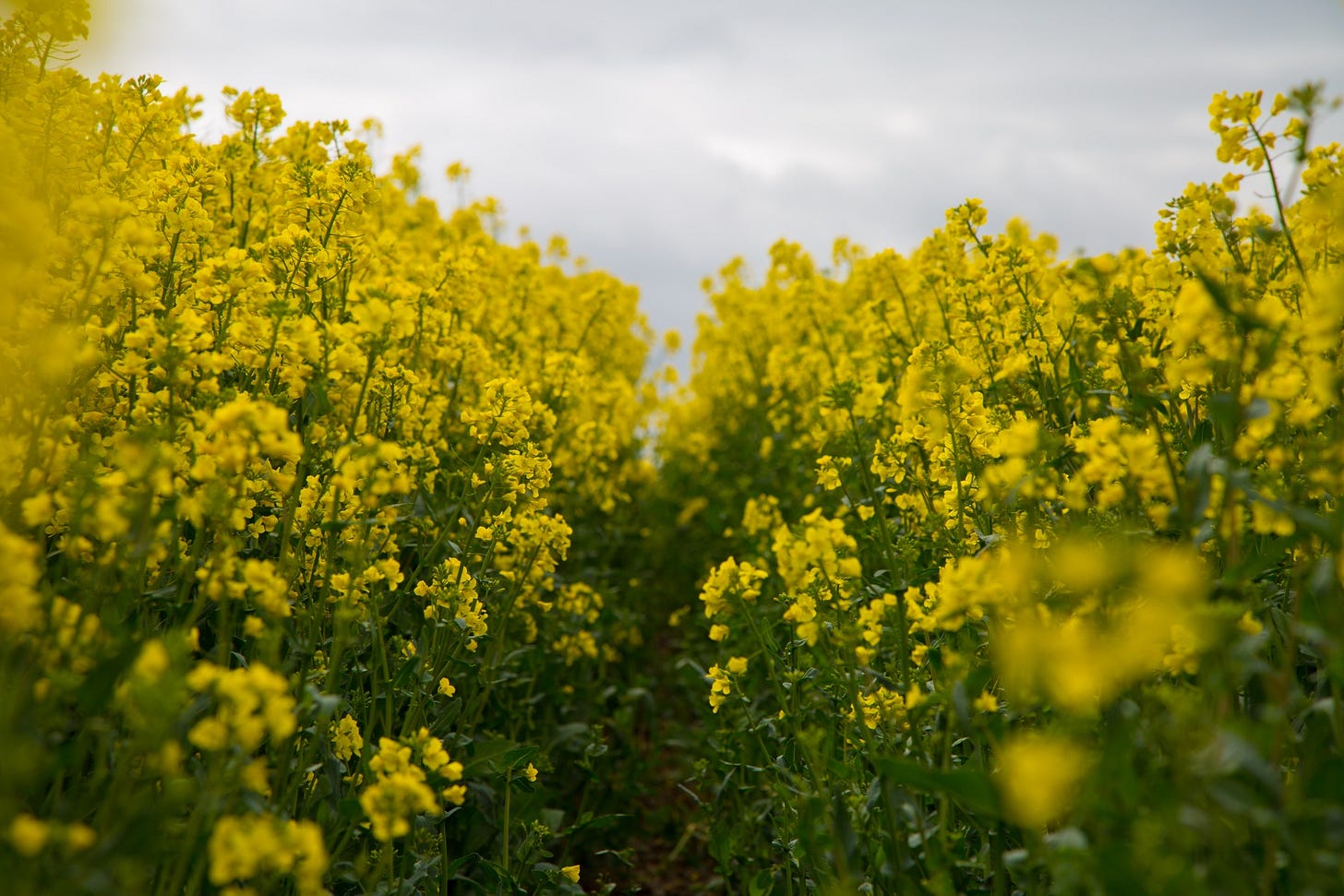The Lobby Report: Canola, Ships and Buses on Parliament Hill
Tariffs, transportation and food dominated the federal lobbying scene in August and September
Who’s lobbying who in the federal government, and why?
These are good questions that we’re going to seek to answer here based on officially available monthly communications reports disclosed via the federal lobbyist registry. This regular feature is a work in progress, so bear with me as I refine how these findings are presented.
A few notes on how communications reports work:
Registered lobbyists must report communications instances with designated public office holders, who can be elected officials, heads of regulatory agencies and bureaucrats.
Lobbyists are required to disclose the subject matter of the communication and some brief details.
They must disclose their communications in a given month by the 15th of the following month.
Some report communications immediately after they’re made while others wait until the 15th.
If a communication is made to a number of office holders at the same time, each counts separately for tracking purposes. In other words, if a lobbyist has a single meeting with 10 Members of Parliament, that one event counts as 10 communications.
By measure of total communications, these were the top five lobbyists as of the end of September – bearing in mind that some followed the required 15th-of-the-month protocol while others logged reports more frequently:
1. The Canola Council of Canada (60)
The Canola Council of Canada, an industry association that says it represents growers, processors, exporters and life sciences companies, was very active in August by lodging 60 communications for the month. The separate Canadian Canola Growers Association, which represents solely farmers, was also active with 30 communications of its own.
The Council’s lobbying was broad but focused mainly on the Prime Minister’s Office, Agriculture and Agri-Food Canada and Global Affairs. The organization declined to comment and its reported details are scant, typically listing only “working to secure market access for Canadian canola products.”
The lobbying was likely related to the ongoing trade dispute with China, which in August enacted steep tariffs on Canadian canola in response to Canada’s similar move on Chinese-made electric vehicles.
2. Irving Shipbuilding (47)
Halifax-based Irving Shipbuilding had an active August with 47 communications, though a good number of those were attributed to two large meetings the company held with senators, Members of Parliament including Conservative party leader Pierre Poilievre, and National Defence officials including Minister David McGuinty.
The meetings related to funding for construction of a facility to construct and maintain naval defence vessels, as well as providing input into the government’s national shipbuilding procurement strategy.
“Our registered numbers were up slightly for August due to the naming ceremony we hosted for the future HMCS Robert Hampton Gray,” a spokesperson said. “The namesake of the ship and the story behind him, and the fact that this was the final Arctic and offshore patrol ship to be delivered to the [Royal Canadian Navy], meant that the event was well attended by government officials.”
3. Canadian Urban Transit Association (43)
CUTA, an organization that says it represents transit systems, public bodies, companies that supply the sector and experts in urban mobility, was mostly busy on one day – Sept. 16, which a spokesman said is its annual federal lobby day.
The organization met with a broad swath of MPs that day to lobby for more federal investment in municipal infrastructure projects and to present pre-budget recommendations and proposals. CUTA is also seeking an amendment to the criminal code to strengthen penalties for assaults on transit workers.
4. Maple Leaf Foods (39)
Mississauga, Ont.-based Maple Leaf Foods, which just this month spun off its pork operations into Canada Packers, has been busy, spreading its lobbying across departments including Agriculture and Agri-Food Canada, Innovation, Science and Economic Development Canada and the Canadian Food Inspection Agency.
As per a statement from Kathleen Sullivan, the company’s vice-president of government and industry relations:
“Now that parliament is back in session, this is a good time for Maple Leaf Foods to meet with government officials regarding issues that impact the Canadian food industry including trade – both domestic and international, food security, food safety, labour, and more.”
5. ArcelorMittal Dofasco (39)
Hamilton, Ont.-based ArcelorMittal Dofasco met with an array of MPs around its home base in August, but also logged two communication reports with Prime Minister Mark Carney and three with Kirsten Hillman, Canada’s ambassador to the United States.
The company did not return a request for comment but reported communicating on steel tariffs and the United States-Mexico-Canada Agreement in those meetings.



